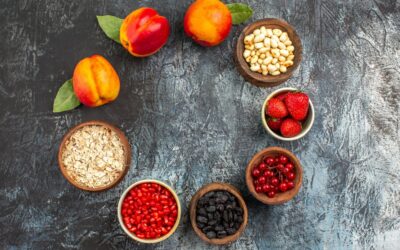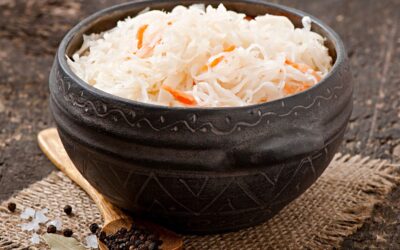In the world of sports and athletics, every edge counts, and increasingly, athletes are turning their attention to an unexpected ally: their gut health. A well-balanced gut microbiome is proving to be a crucial component for peak athletic performance. This article explores the connection between gut health and sports performance, highlighting how a healthy gut can lead to improved physical outcomes.
The Role of the Gut Microbiome in Metabolism and Energy Production
The gut microbiome plays a significant role in how your body metabolizes nutrients and produces energy.
For instance, the gut microbiota helps break down food and extract nutrients that are crucial for energy production. The more efficient this process, the more energy is available for athletic activities, increasing energy efficiency.
Impact of Gut Health on Nutrient Absorption and Athletic Performance
Nutrient absorption is critical for athletes as it directly influences energy levels and recovery times:
- Optimal Nutrient Uptake: Good gut health enhances the absorption of vital nutrients like amino acids, fats, and carbohydrates, which are essential for muscle repair and energy.
- Reduced Inflammation: A healthy gut reduces inflammation, potentially allowing for quicker recovery and less fatigue post-exercise.
However, over exercise can increase inflammation and intestinal permeability (aka leaky gut) and it is postulated that the increase in upper respiratory tract infections (URTI) may in part be as a result of over exercise on your gut and knock on effect this may have in some individuals on their gut microbiome.
Scientific Evidence Linking Gut Health to Enhanced Athletic Performance
Recent studies have shown that probiotics, beneficial bacteria found in certain yogurts and supplements, can significantly impact athletic performance:
- Enhanced Endurance: Research indicates that athletes taking probiotic supplements can experience enhanced endurance, likely due to improved gut barrier function and reduced oxidative stress.
- Decreased Fatigue: Probiotics have been linked to decreased fatigue in athletes, possibly due to their effects on the immune system and reduction in inflammation.
Tips for Athletes to Optimize Gut Health
For athletes looking to optimize their gut health, consider the following tips:
- Diversify Your Diet: Eating a diverse range of foods can increase the diversity of your gut microbiota, which is linked to better health and improved performance.
- Incorporate Fermented Foods: Foods like yogurt, kefir, sauerkraut, and kimchi are rich in probiotics that can enhance gut health.
- Consider Probiotic Supplements: Especially during intense training periods, probiotic supplements can help maintain a healthy gut microbiome.
- Stay Hydrated: Adequate water intake is crucial for maintaining the mucosal lining of the intestines, which helps support the gut microbiome.
Maintaining a healthy gut is essential not just for general health but also for achieving peak athletic performance. By focusing on gut health, athletes can improve nutrient absorption, support energy production, enhance endurance, and speed up recovery times. As research continues to uncover the complex links between the microbiome and physical performance, it becomes increasingly clear that the gut is indeed a key player in the athletic world.
Are you an athlete looking to elevate your performance? Book a consultation with me to explore personalized nutrition strategies that optimize your gut health for peak performance.
#AthleticPerformance #GutHealth #SportsNutrition #EnduranceTraining #Probiotics




